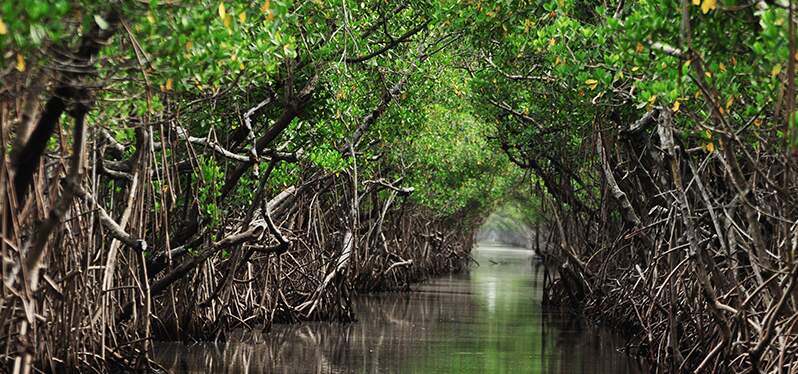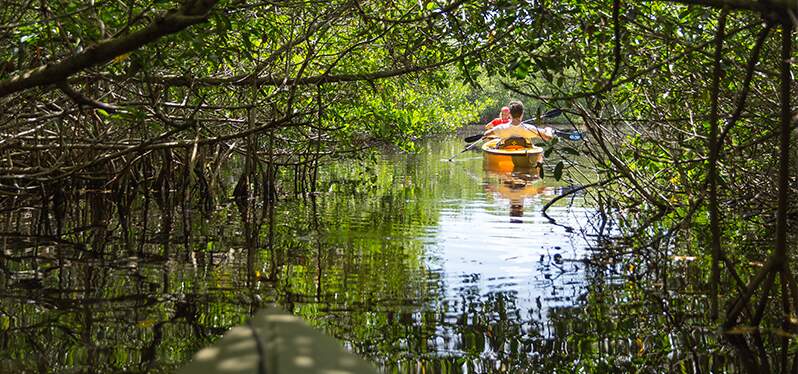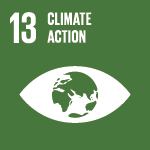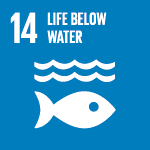Posted in: 07/26/2023
For indigenous, coastal and riverside communities, perhaps there has never been any doubt about the importance of mangroves and the fact that their protection can represent food security and the preservation of their way of life and subsistence .
The scientific community, which already recognized the ecosystem as an important source of life , now also brings evidence of the importance of mangroves against the causes and effects of climate change .
According to data from the publication “ Ocean without mysteries: unraveling the mangroves ”, organized by the Boticário Group Foundation, the mangroves help in coastal protection and resilience – reducing the force of the waves by 60% when they encounter 100 meters of mangroves and, thus, helping to face of sea level rise caused by climate change. The ecosystem also acts as a natural defense against storms, tsunamis and erosion.

In addition, mangroves act as a filter for waste and pollutants that end up in the seas due to incorrect disposal . It is important to note that, according to the journal Science Advances , more than a thousand rivers are responsible for 80% of all pollution that reaches the ocean .
Mangrove areas also sequester about 57% more carbon than other tropical vegetation. That is, they act in a relevant way in the reduction of greenhouse gases in the atmosphere. According to the publication by the Boticário Group Foundation, the valuation of carbon credits stored in the mangroves in the Eastern Amazon can reach US$4,300 per hectare per year . In Pará alone, values around R$1.17 billion in carbon stored by mangroves are estimated, which represents R$5.3 thousand per hectare.
The research also pointed out that, although the entire mangrove area is officially protected in Brazil and considered permanent preservation – considering Federal Laws 9605/1998, 11428/2006 and 12651/2012 and CONAMA Resolution 303/2002 – in 2020, the mangroves they occupied about 0.13% of the country , and 25% of the ecosystem had already been lost.

According to the United Nations Educational, Scientific and Cultural Organization (Unesco), more than three-quarters of the planet’s mangroves are endangered , and the ecosystem is disappearing 3 to 5 times faster than global losses. of forests, with estimates that the mangrove cover has been reduced by half in the last 40 years.
In Brazil, 16 states have mangroves distributed in 338 municipalities along the coast, occupying 6,786 km of areas between the ocean and fresh water. It is estimated that the ecosystem can contribute with up to 50% of artisanal fishing , in addition to positively impacting tourism in these regions. The value generated by the benefits of mangroves in the country, considering fishing and tourism, is estimated at US$5 billion .


Sign up and receive our news.